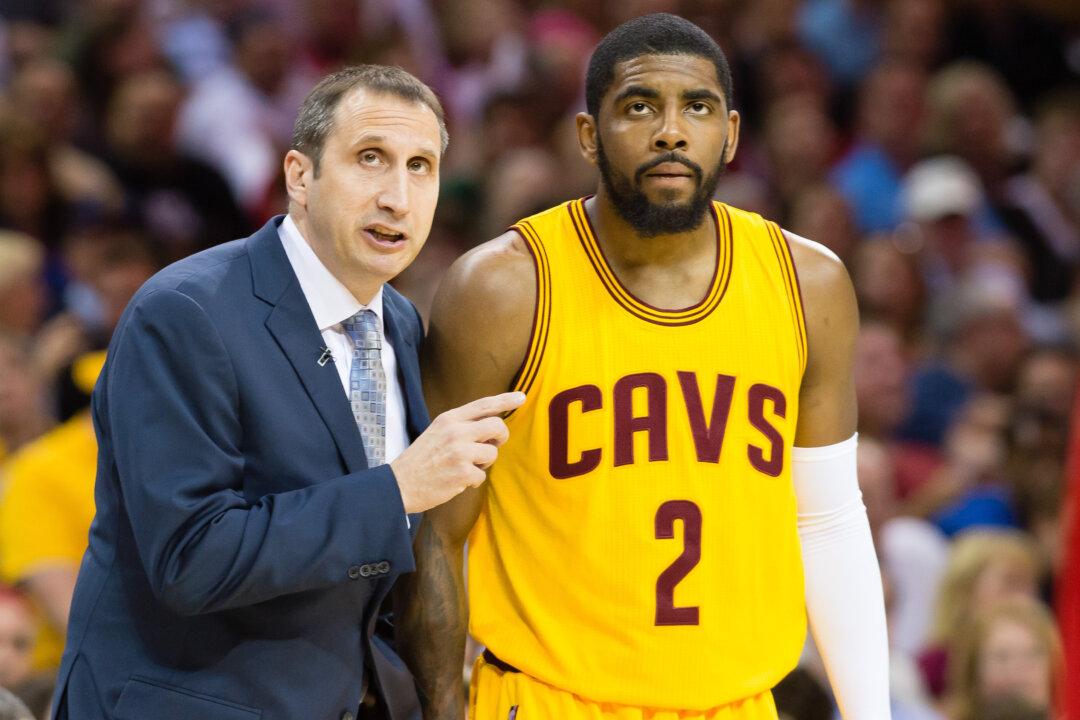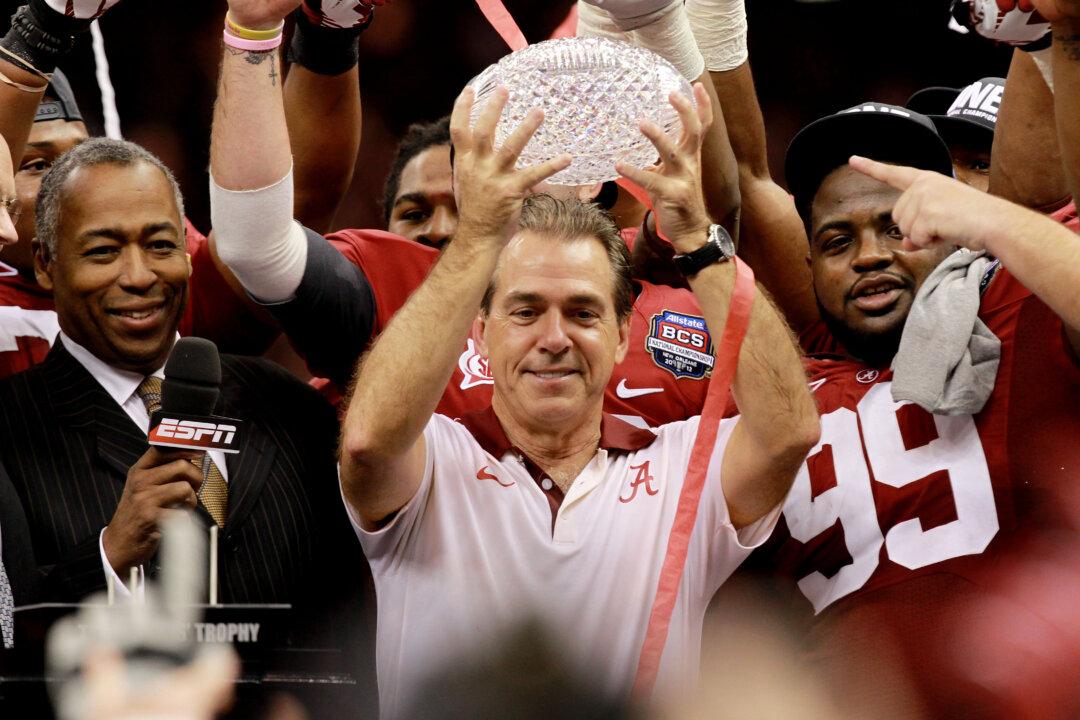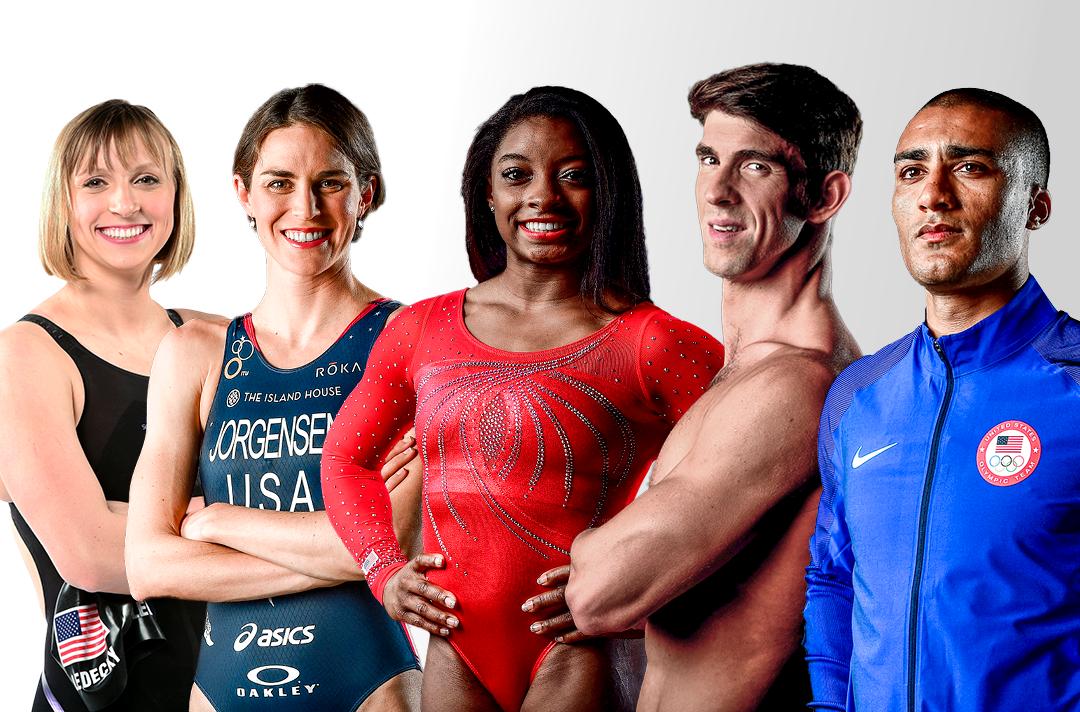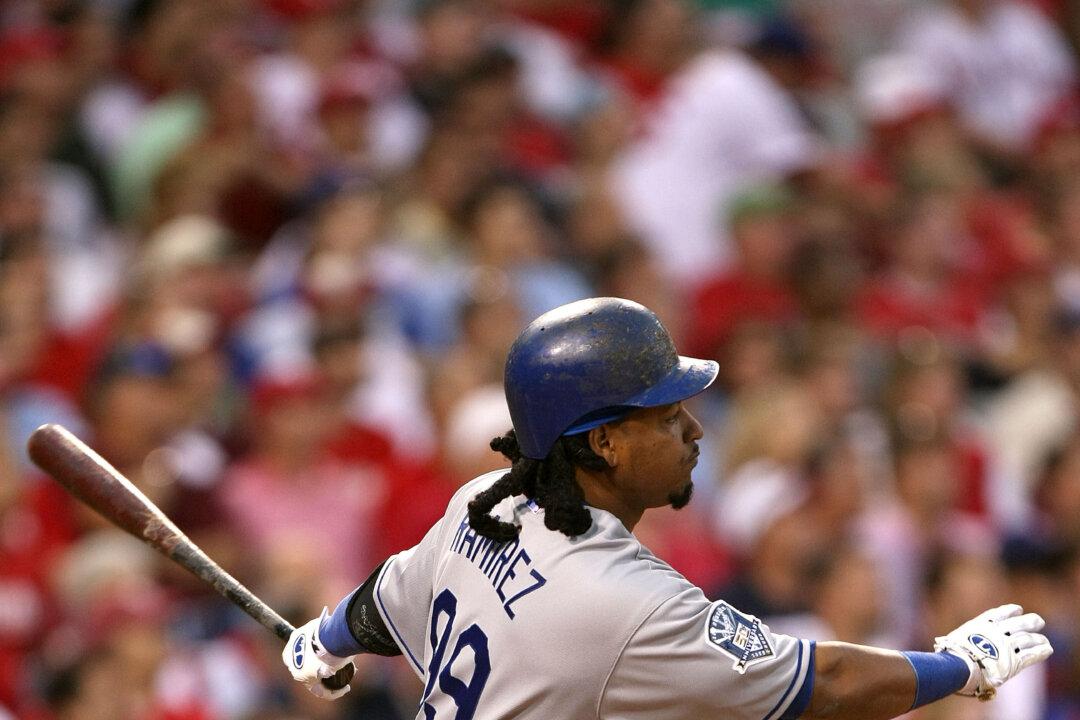When the Cleveland Cavaliers hired David Blatt last summer, it was met with general apathy around the country.
This country anyway.
Yet halfway around the world, the people he had worked with—especially with Maccabi Tel Aviv—knew that Cleveland had just made a great hire.
“I always thought his resume was perfect,” said Yaron Talpaz, who is Maccabi Tel Avi’s head of U.S. National Operations and has known Blatt for 15 years. “With the way the NBA has gone international now you’re talking about someone who has everything.”
Blatt, who was born in 1959 in Framingham, MA played for the legendary Pete Carril at Princeton from 1977-81. He then played professionally overseas until 1993, when his coaching career began with Galil Elyon (in Israel).
After being an assistant and a head coach for the better part of 10 years in Israel, Blatt moved on to coach the Russian club Dynamo St. Petersburg in 2004-05 and was immediately voted Russia Super League coach of the year.





